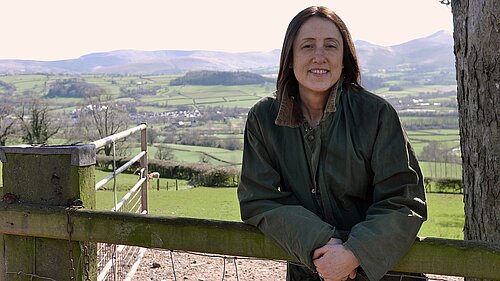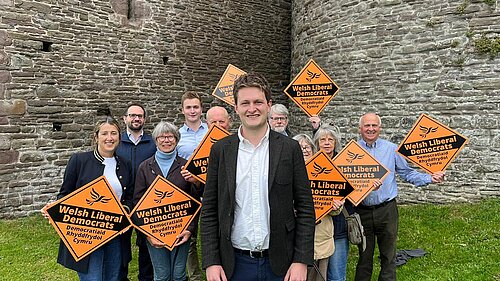Lib Dems reveal rate of agricultural, forestry and fishing business closures in Wales is increasing

The Welsh Liberal Democrats have today attacked Labour’s mishandling of rural and coastal communities as they revealed that almost 3,000 agricultural, forestry and fishing businesses have closed since the last Senedd election in 2021. According to figures from the ONS, requested by the Liberal Democrats, 2,835 agricultural, forestry and fishing businesses have closed since 2021. The rate of closures is also increasing. In 2017, 395 businesses in those sectors closed, while in 2024, 615 businesses in those sectors closed. In the first two quarters of 2025 alone, 390 businesses have shut down, the accelerated rate seemingly coinciding with the announcement of Labour’s Family Farms Tax. The Welsh Liberal Democrats have argued that Labour has neglected rural communities in Wales during the entire 25 years they have run the Welsh Government, and their misunderstanding of rural communities is holding back growth in rural Wales, helping to entrench poor wages and opportunities. The Welsh Lib Dems have also argued that Labour’s family farms tax not only risks delivering a huge amount of damage to farms and rural businesses, but it could also cause significant damage to the Welsh language, with 43% of agricultural workers speaking Welsh, significantly higher than the general population in Wales The party have argued that any policy that forces farmers to sell up and move out of farming could have disastrous consequences on the survival of the language in rural communities. The Welsh Liberal Democrats are calling for a full U-turn on the Family Farms Tax and are instead urging the Government to raise revenue by taxing the profits of the big banks. They are also calling for greater investment in infrastructure in rural communities to help attract and keep businesses in rural parts of Wales. Commenting on the figures, Welsh Liberal Democrat Senedd Member for Mid and West Wales Jane Dodds MS said: "It is no wonder we are seeing more agricultural, forestry and fishing businesses closing. Labour just don’t understand our rural and coastal communities in Wales, they never have and don’t even seem to make an effort to try to. "Rural Wales is packed with ambitious, entrepreneurial people, but they are held back by red tape and government neglect. Economic growth in rural areas shouldn’t be an afterthought from the Welsh Government; it should be a central pillar in the plan to move our country forward. “A vote for the Welsh Liberal Democrats at next year's Senedd election is a vote to put rural communities in Wales at the very heart of the country’s economic strategy and to help small and medium-sized businesses flourish in every corner of the country. ENDS NOTES TO EDITORS: Yearly totals are as follows: 2017: 395 2018: 495 2019: 545 2020: 480 2021: 535 2022: 735 2023: 560 2024: 615 2025 (first two quarters only): 390 Total since 2021: 2,835 Total (2017–2025): 4,750 |
| Full data tables available here |

Sign up
for email updates


